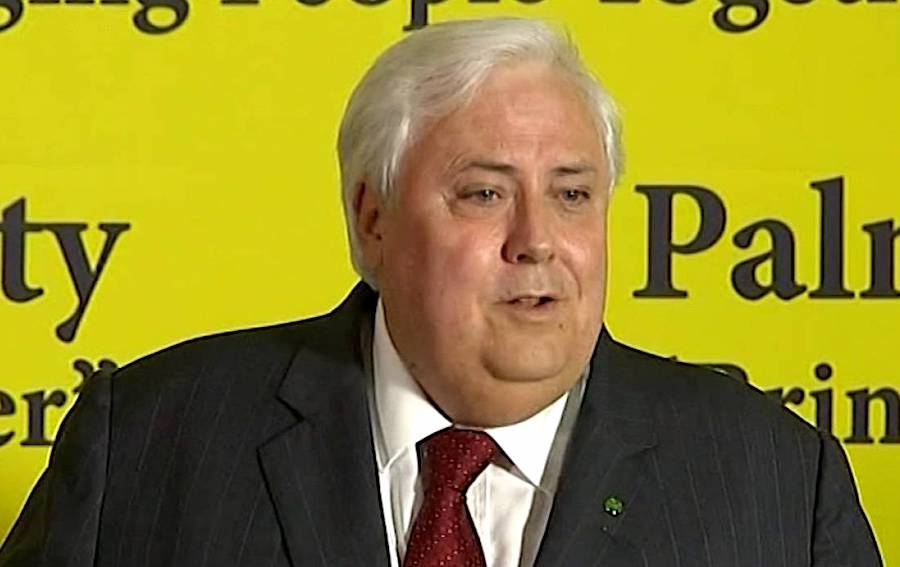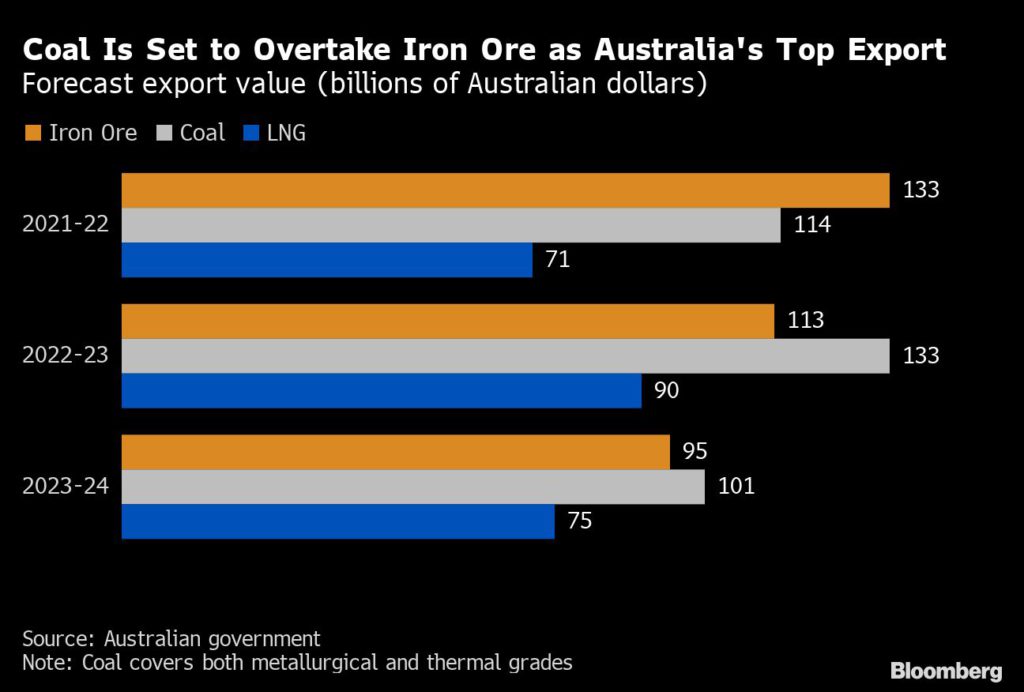Bloomberg News | February 12, 2023

Clive Palmer. (Image courtesy of 7 Local News | YouTube.)
Australia’s A$133 billion ($92 billion) coal export sector suffered another blow after billionaire Clive Palmer’s Waratah Coal Inc. withdrew an appeal to open what would have been the country’s biggest mine.

Waratah will no longer appeal a groundbreaking ruling by the Queensland Land Court in November that the project’s emissions would threaten human rights, said the Environmental Defenders Office, the law firm that represented the plaintiffs, citing a filing to the Supreme Court of Queensland on Friday. Waratah Coal didn’t immediately respond to a request for comment on Monday.

The decision marks another setback for Australia’s coal sector, which has had expansion plans stalled by a string of litigation, environmental regulation, tax hikes, bad weather and the withdrawal of capital by climate-conscious investors and lenders. It comes after another major Palmer project, Central Queensland Coal, was last week blocked by the environment minister because of its threat of irreversible damage to the Great Barrier Reef.

The Galilee Coal Project sought to produce 40 million tons of thermal coal a year, making it the largest in Australia, one of the world’s top exporters of the fuel. It is one of dozens of proposed mines in the huge Galilee Basin in Queensland, of which just one has started production — Adani Group’s Carmichael.
Climate litigation is a rapidly growing avenue for anti-fossil fuel groups around the world, with a string of prominent cases reaching courts in recent years from the US to the Philippines. But Australia has stood out as a hotbed of such litigation, with only the US registering more cases, according to Colombia University data.
The November judgment that blocked the Galilee Coal Project ruled the carbon emissions released over its lifetime — equal to around three times Australia’s total annual emissions — would impact the human rights of future generations in Queensland.
The reasoning in that judgment “could be applied to any mine” and was “likely to be very influential in future Land Court mining lease applications,” Alison Rose, senior solicitor at the EDO, said Monday by telephone.
While the state government still has the power to issue the mining lease and environmental authority required for the project, they have historically always followed Land Court recommendations, according to the EDO.
(By James Fernyhough)
No comments:
Post a Comment